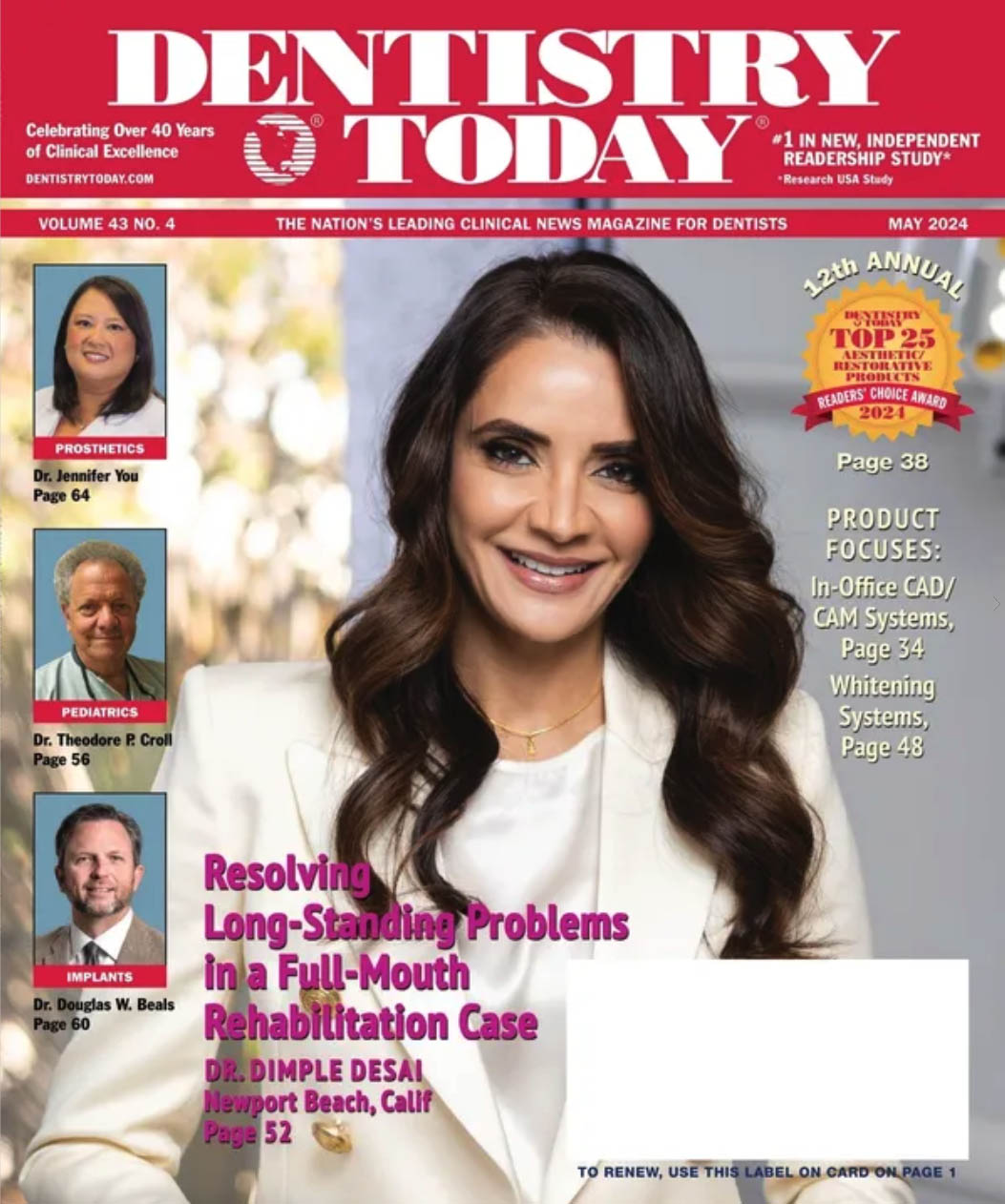
Can your practice create a membership program? I hear this question all the time. It seems that many dentists and office managers think that setting up an in-house membership program would be illegal.
To set things straight, I am not an attorney and this is not legal advice. The truth is that some states have certain regulations. The National Conference of State Legislatures (NCSL) lists state roles and regulation on its website.
I would encourage all dental practices to research their own state and speak to an attorney about the legal requirements needed to create and grow an in-house membership program. On the upside, more than half of the United States don’t require you to do anything special for your in-house membership program.
Creating an in-house membership program is legal, and it has been for many years. As a practice owner, you should be thinking about setting one up for your practice because the benefits are amazing: loyal patients, a recurring revenue stream, higher case acceptance (obviously), and 100% control over your fees. According to the NCSL, programs feature:
- An affordable monthly enrollment fee ranging, for example, from $10 to $25 or $50 per month;
- Access to a wide variety of dental services;
- The freedom to pick and choose among thousands of different providers;
- Discounts ranging from 5% to 70% on various services;
- Simple paperwork: patients just show their card or confirm they are a member with no waiting for reimbursement from an insurance company;
- No medical exam may be needed to qualify, and pre-existing conditions may not be restricted or excluded;
The sponsors and proponents of such plans say they fill an important gap in the health market. For those families with some health insurance coverage, the discount cards can provide a kind of supplement, especially for non-covered services.
For some who are uninsured, such as the more than 108 million Americans who lack dental insurance, or the under-insured, which is more than another 30 million, a membership program can be a financial cushion, giving them access to discounted dental care, with prices more like a large employer might pay.
According to the NCSL, it is widely agreed that dental discount plans are not insurance and therefore may not fall under the regulatory or enforcement role of a state insurance department. Since they never actually provide a health service, plans may not be within the jurisdiction of a health or human services agency.
Membership programs are not insurance, and your practice should treat them completely differently. Your practice shouldn’t use insurance terms to explain, educate, and advertise a membership program. It is extremely important that your practice honors every benefit that you promise your patients. If you offer a 20% discount on restorative care, you are obligated to give the patient who is signed up for your program 20% off.
Because health care is a state interest, almost half of the states in America have some form of regulation. The laws generally have a consumer protection goal and may include:
- Requiring plans to have individual signed contracts with health providers before they can list them as part of the plan;
- Regulating or restricting the types of claims that can be made in ads, often requiring a visible disclaimer that the plan is not health insurance;
- Requiring a “lemon-law” like guarantee that consumers can cancel their enrollment and/or receive a refund if they are dissatisfied, sometimes during the first 30 days;
- Granting regulatory or enforcement power to a state agency such as an insurance department or attorney general’s office;
- Requiring registration, proof, or reporting of financial stability and/or an annual payment to the state for the privilege of operating a discount plan business.
As a dentist, you have more freedom compared to a medical doctor since dental care is not heavily regulated by the government. Don’t let these laws scare you away from creating an in-house membership program. In most cases they are simple regulation that help protect you and the consumer.
If you are interested in creating a membership program, you can download a free e-book that teaches you how to create and grow this business strategy for your practice.
Jordon Comstock is the founder of BoomCloud Apps, a software company that allows dental offices to create, organize, and automate an in-house membership program and generate recurring revenue. You can watch a video demo of the software. For more information, contact Jordon at (801) 753-8586 or jordon@boomcloudapps.com.
Related Articles
How to Build a Practice That’s Less Dependent on Dental Insurance
Top 5 Social Media Tips for Promoting Your Practice
Ignore the Business Side of Your Practice at Your Peril











